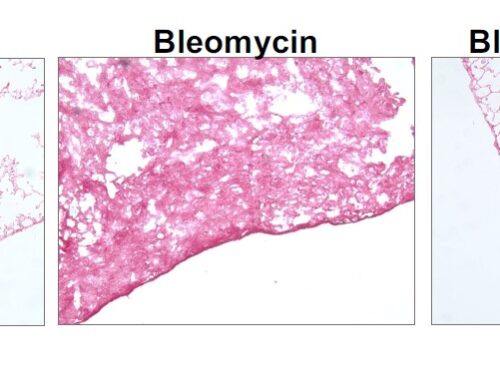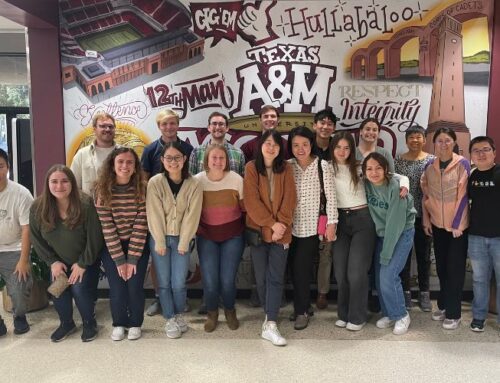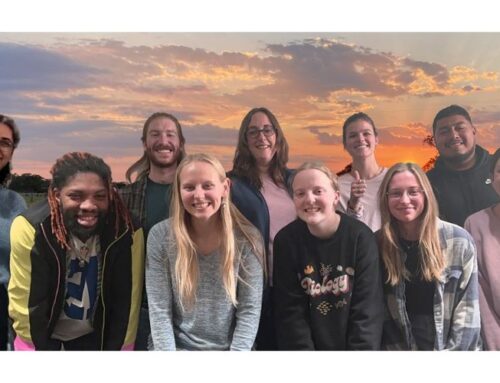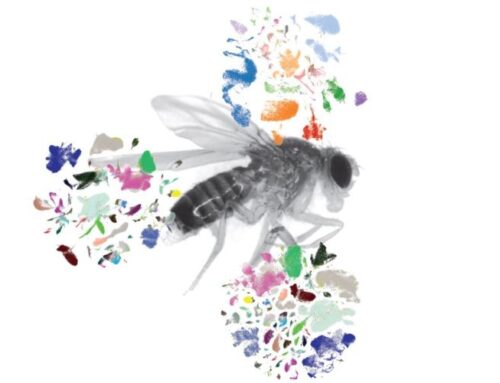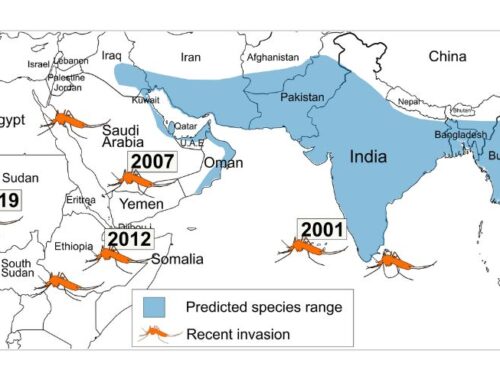Graduate Student Spotlight, Aditi Raju
This month’s Graduate Student Spotlight highlights Aditi Raju. A student in the Versaw Lab, Aditi works on understanding modulation and consequences of inorganic phosphate (Pi) concentration in chloroplasts of plants. Learn more about Aditi and her graduate experience in this month’s Spotlight below.

Aditi Raju
I was born and raised in a city called Bangalore. It is located in the state of Karnataka, India. It is known as the Silicon Valley of India and has a dense population of more than 8 million! Growing up, I became interested in biology and computational sciences. Based on a high-school project combining both these interests, I was awarded a government sponsored scholarship (KVPY) to work as a summer intern in various research labs at the Indian Institute of Science (IISc). This was an incredible opportunity and encouraged me to pursue a career in science. I then obtained an integrated Bachelors-Masters (BS-MS) degree in Biology at the Indian Institute of Science Education and Research, Thiruvananthapuram (IISER-TVM) in 2016 before heading to the US for my graduate studies. In 2017, I joined our graduate program at Texas A&M and here, my research focuses on investigating how inorganic phosphate (Pi), an indispensable nutrient for plants, regulates complex processes such as photosynthesis and carbon partitioning in the chloroplasts.
 What is the broader significance of your research?
What is the broader significance of your research?
The broader significance of my research relates to Pi dependent plant growth and sustainable agriculture. Pi is an essential fertilizer in supplementing crop growth. But its availability is influenced by multiple factors such as finite resources and geo-political issues. Another related and emerging global problem is the need to feed and sustain a growing population. Results from my project will help frame urgently needed strategies to improve the efficiency of Pi use in plants, which includes optimizing the availability of Pi to chloroplasts in order to maximize biosynthetic activities including photosynthetic efficiency. This will ultimately improve plant growth and yield.
What is the best advice you’ve been given?
There have been many but this quote has stayed with me “In a world where you can be anything, be kind”
 Describe someone outside your field of interest who inspires you and why?
Describe someone outside your field of interest who inspires you and why?
Dr. Brene Brown is great source of inspiration for me. She is a behavioral researcher, and studies human connections. I first came across her as a public speaker through her TED talk on the power of vulnerability. I find her work to be intriguing and motivational.
What characteristics do you prize most in a colleague?
Respectful, reliable, and good communicator.
 What strategies do you use to be successful in your graduate program?
What strategies do you use to be successful in your graduate program?
I think it is very important to be proactive and take control of your own grad school experience. From taking structured set of courses and labs in my undergrad, to planning and designing my own experiments for my projects, it was a steep learning curve for me. I also realized that communication is key to learning, collaborating, presenting, and obtaining feedback from peers.
I would say – be enthusiastic and eager to learn new skills and concepts. As my research questions evolved, they provided multiple opportunities for me to do so. Each new technique introduced me to a new way of addressing and understanding those problems. Lastly, I think it is also important to seek balance and support. For me traveling, spending time with family and friends outside of grad school has been crucial. Additionally, beyond the lab, joining student bodies such as GPSG (Graduate & Professional Student Government) and the BIO-GSA (Biology Graduate Students’ Association) helped me become a part of the aggie community.
 Give us 5 adjectives that describe you as a scientist.
Give us 5 adjectives that describe you as a scientist.
Patient, collaborative, detail-oriented, curious, and open-minded
Why did you decide to pursue your graduate studies with the Department of Biology at Texas A&M?
While exploring graduate programs in the US, I was attracted to the Department of Biology at Texas A&M because of the diversity in the fields of research it had to offer.

